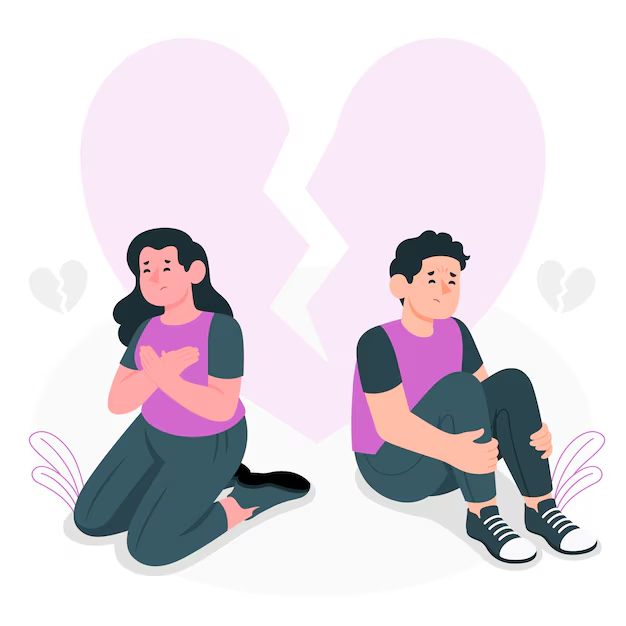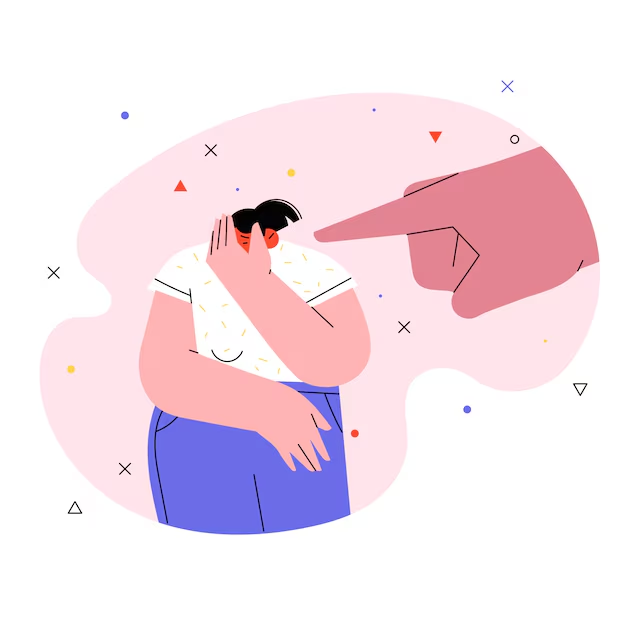
Closeted narcissists, also known as covert narcissists, are people who display narcissistic tendencies in less obvious and subtle ways. In contrast to classic narcissists who might aim for attention, covert narcissists frequently seek approval in private and may seem modest or weak in order to conceal their underlying need for acclaim. It can be difficult to identify them because they frequently come across as self-sacrificing or introspective. An inability to empathise with others, intolerance to criticism, passive-aggressive behaviour, and a subtle but underlying attitude of entitlement are all important indicators.
“They can be difficult to identify because they frequently appear self-centred or even introspective. Passive-aggressive behaviour, sensitivity to criticism, a lack of empathy, and a deeper sense of entitlement that manifests subtly are all important indicators,” said Dipti Patwari, Counselling psychologist at LISSUN (Mental Health Platform).
When you closely look at a person with CNPD attentively, you will see that they have all the primary traits linked to NPD:


“It can be emotionally draining to date a closeted narcissist because they may exert control through subtle manipulation, guilt, or silent treatment. It's common for partners to feel like they're "walking on eggshells," not knowing what could make someone respond negatively,” said Dipti.
It can also be powerful to identify their tendencies and realise that their actions are a result of their fears rather than your shortcomings. Here are the ways to manage your relationship with a coveted narcissist:
Setting firm boundaries and preserving your emotional independence should be your top priorities if you are dealing with a closeted narcissistic personality. Remain composed and forceful to avoid giving in to their covert tactics or guilt-tripping.
Acknowledge that their actions are a result of deep-seated fears but avoid the temptation to correct or overaccommodate them as this may encourage their tendencies. Avoid provoking their hypersensitivity by focusing on non-confrontational, straightforward communication and rephrasing conversations around common objectives or solutions.
Don't Miss: These Behavioural Issues Are Making Your Relationship Toxic
“Above all, put your own mental health first, get help from people you can trust, and be ready to end the relationship if it starts to become poisonous or emotionally taxing. Ultimately, it's critical to put your own mental health and well-being first, even though empathy can help you connect with closeted narcissists,” said Dipti.
You can manage your feelings and make the decision to stay in the relationship if it turns poisonous by getting advice from a therapist or other reliable person.
Don't Miss: 6 Expert Tips For Healing After an Abusive Relationship
Keep reading Herzindagi for more such stories.
Credits: Freepik
Also watch this video
Herzindagi video
Our aim is to provide accurate, safe and expert verified information through our articles and social media handles. The remedies, advice and tips mentioned here are for general information only. Please consult your expert before trying any kind of health, beauty, life hacks or astrology related tips. For any feedback or complaint, contact us at compliant_gro@jagrannewmedia.com.